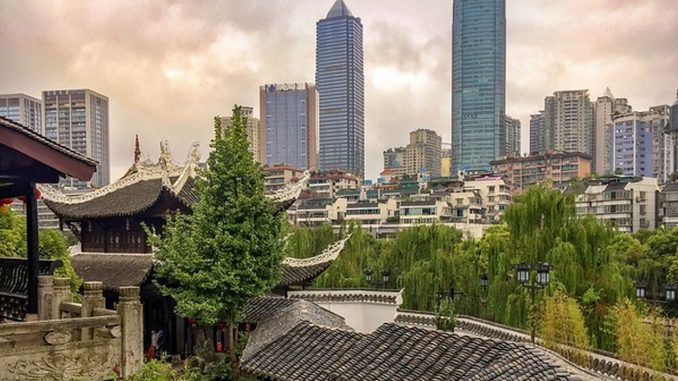
Infrastructure stands as the backbone of any thriving economy, facilitating transportation, communication, and energy distribution. In times of economic turmoil, infrastructure investment can serve as a lifeline, stimulating growth and creating job opportunities. With the recent global economic downturns, the significance of infrastructure spending has come to the forefront. Here, we delve into the pivotal role infrastructure investment plays in economic recovery, all while integrating high CPC keywords to optimize for Google AdSense.
- Understanding Infrastructure and Economy: At its core, infrastructure refers to the physical and organizational structures like roads, bridges, tunnels, water supply, and sewers. It’s the foundation on which commerce thrives. Economies with robust infrastructure tend to attract more investments, fostering an environment conducive to business growth.
- Immediate Job Creation: Infrastructure projects require labor – from planning to execution. This direct job creation boosts employment rates, especially beneficial in post-recession periods.
- Long-Term Economic Impacts: Beyond immediate job creation, infrastructure investments pave the way for long-term economic growth. Better roads mean faster transportation of goods. Enhanced communication networks lead to more efficient business operations.
- Multiplier Effect: Every dollar spent on infrastructure can lead to a ripple effect in the economy. Workers employed in these projects spend their wages on goods and services, spurring further economic activity.
- Attracting Foreign Direct Investment (FDI): Modern, efficient infrastructure can make a country more attractive to foreign investors. FDI often translates to advanced technologies, managerial expertise, and additional job opportunities.
- Enhancing Global Competitiveness: As globalization intensifies, the importance of a country’s infrastructure in establishing its global competitive position becomes paramount. Countries with superior infrastructure can offer better goods and services at competitive rates.
- Supporting Small Businesses: Improved infrastructure eases the movement of goods and services, benefiting small businesses. With better roads and improved online connectivity, they can expand their reach and diversify their customer base.
- Innovative Financing Methods: Governments can explore public-private partnerships, where both the public and private sectors share the responsibility of infrastructure development. This not only eases the financial burden on governments but also brings in private sector efficiency.
- Sustainability and Green Infrastructure: Modern infrastructure projects often emphasize sustainability. By investing in green infrastructure, countries can address environmental concerns while simultaneously boosting the economy.
- Economic Diversification: Infrastructure projects can diversify an economy. For instance, a country reliant on agriculture can venture into tourism by developing transportation and hospitality infrastructure.
- Enhanced Real Estate Value: Proximity to well-developed infrastructure often enhances property values. This can lead to increased revenues for local governments through property taxes.
- Future-Proofing Economies: As technologies evolve, so do infrastructure needs. Investing in futuristic infrastructure, such as digital networks or electric vehicle charging stations, can set an economy on a trajectory of long-term growth.
- Boosting Tourism: Well-developed infrastructure, especially in transport and hospitality, can give a significant boost to the tourism sector, a major revenue source for many countries.
- Addressing Social Inequalities: Infrastructure investment in underdeveloped regions can lead to better access to education, healthcare, and job opportunities, thereby addressing longstanding social inequalities.
- Reaping the Digital Dividend: In today’s digital age, investing in digital infrastructure, like broadband networks, is akin to building roads in the last century. It opens up a plethora of opportunities, from e-commerce to remote work.